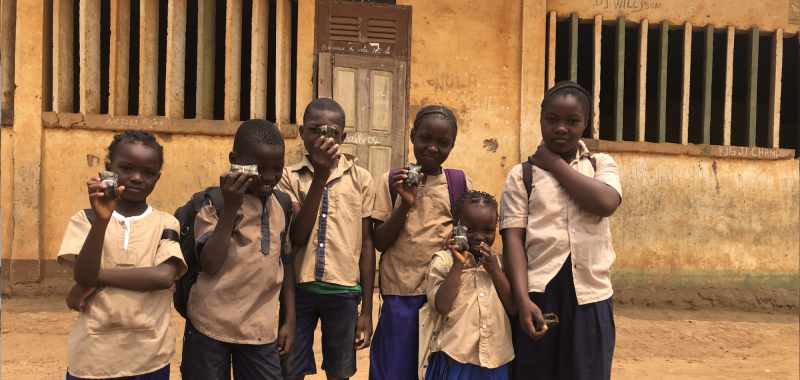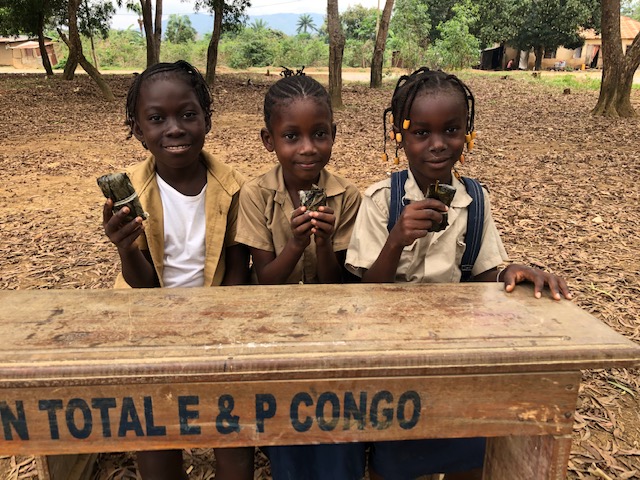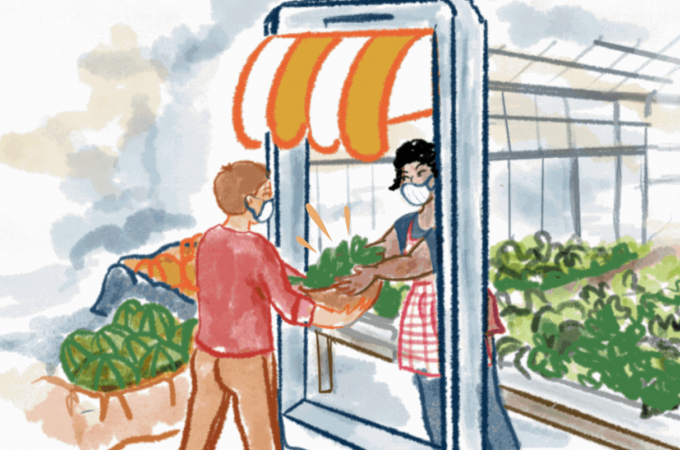In the Republic of Congo, 70 percent of food consumption is reliant on the country's imports system. When the COVID-19 pandemic hit the country, there was a disruption in the supply chain that led to a price increase of over 20 percent on the Congolese basic food basket during the lockdown period. This has triggered an economic and food crisis, loss of incomes and increased food insecurity in the country. COVID-19 had major impacts on producers, especially agricultural producers with women representing 60 percent of local agricultural workers. In 2020, school closures have also deprived students from having a daily, nutritious school meal for more than six months.
The project aims to mitigate these impacts on the economy, nutrition and health of populations by supporting the empowerment of the local food system.





